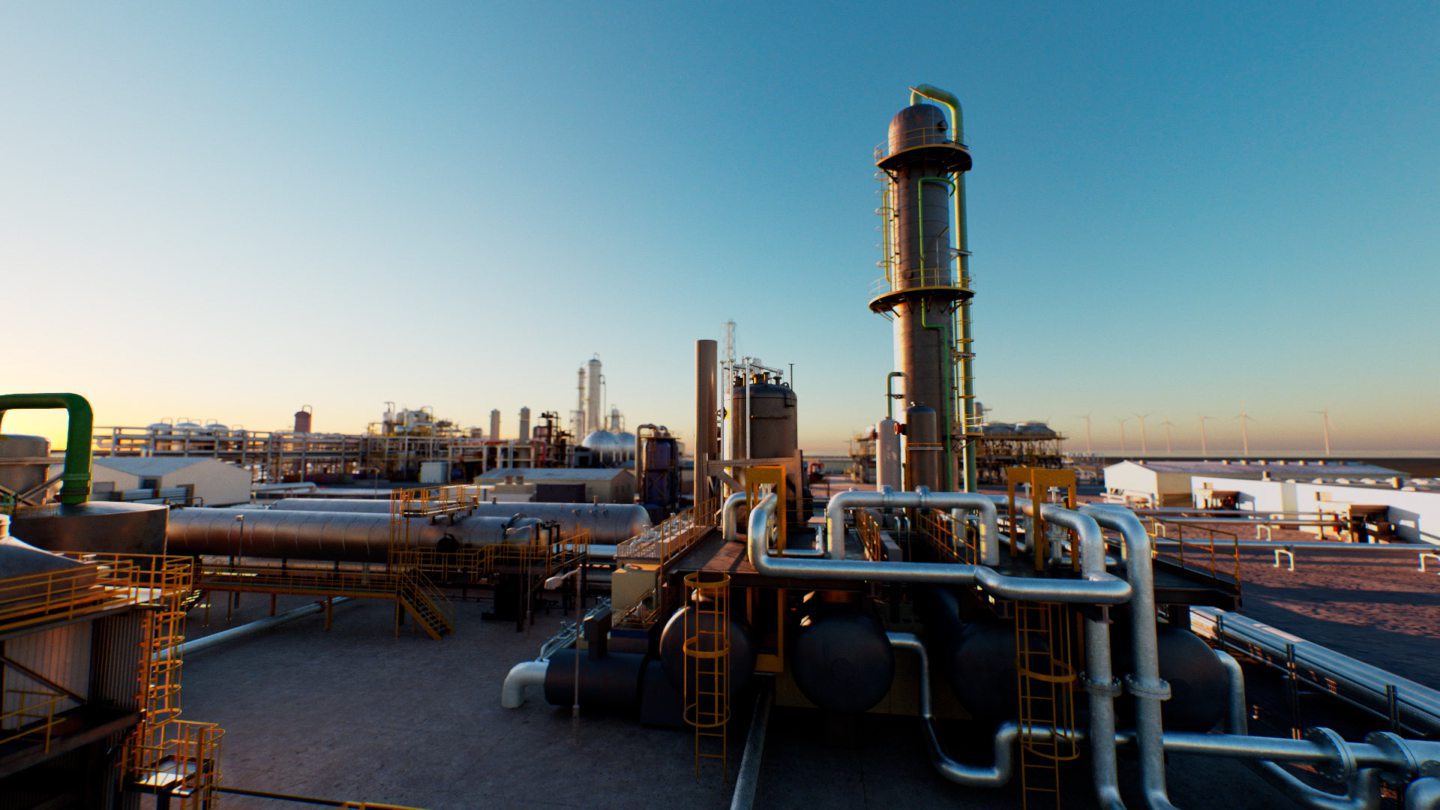Industry hails Labour’s £22bn pledge for carbon capture projects in England
UK Government Backs Big Carbon Capture and Hydrogen Projects in North England with £22 Billion Investment

The UK government has pledged nearly £22 billion over the next 25 years to support two large carbon capture and storage (CCUS) projects in the North of England. These projects will help reduce carbon emissions and produce clean hydrogen energy. Prime Minister Keir Starmer, along with Chancellor Rachel Reeves and Energy Secretary Ed Miliband, visited the North West of England to confirm government backing for these projects, which are based in Teesside and Merseyside.
What is Carbon Capture and Storage (CCUS)?
Carbon capture and storage (CCUS) is a technology that traps carbon dioxide (CO2) emissions from industries and prevents them from entering the atmosphere. The CO2 is then stored underground, helping to reduce harmful emissions and slow down climate change. This technology is seen as a key tool in reaching the UK’s goal of “net zero” emissions.
Big Plans for Teesside and Merseyside
The two projects in Teesside and Merseyside are now moving forward, and they are expected to create 4,000 new jobs and attract £8 billion of private investment into the area. They aim to remove more than 8.5 million tonnes of carbon emissions each year.
The Northern Endurance Partnership (NEP) is the company responsible for building the onshore and offshore infrastructure needed to transport CO2 from industrial sites to secure storage locations in the Endurance storage facility. This project is expected to boost the local economy and bring skilled jobs to the region.
Other Projects Left Waiting
While Teesside and Merseyside projects are advancing, two other CCUS projects in the North Sea—Acorn in Peterhead and Viking in Theddlethorpe—are still waiting for government approval. These projects were put on a “Track 2” status, meaning they are behind the leading projects in Teesside and Merseyside, which are known as “Track 1” schemes. The East Coast Cluster and the Hynet project, which covers areas like Liverpool Bay, are part of these leading Track 1 initiatives.
What the Experts Say
The government’s support has been welcomed by many in the energy and industrial sectors. Olivia Powis, CEO of the Carbon Capture and Storage Association (CCSA), praised the government’s move, saying it shows the UK’s leadership in clean technologies. She highlighted that these projects will not only help reduce CO2 emissions but also create thousands of skilled jobs in industries like cement, chemicals, and manufacturing.
However, there are concerns that the government is not moving fast enough on other CCUS projects. Some experts, like Panmure Liberum analyst Ashley Kelty, believe that delaying the roll-out of other projects, like Acorn and Viking, could make it harder for the UK to meet its net zero targets.
Challenges Facing CCUS
CCUS technology faces several challenges. One of the biggest issues is the high cost of the technology. According to Offshore Energies UK (OEUK), relying only on carbon markets to fund these projects is not enough. They argue that the government needs to provide clearer and more predictable funding to make these projects successful.
Critics also argue that CCUS is not the best long-term solution. Climate think-tank E3G’s senior policy advisor Laith Whitwham said that over-reliance on CCUS might keep the UK hooked on expensive fossil fuels. He suggested that most industries should aim to switch to electrification or green hydrogen sourced from renewable energy, which could be cheaper and more sustainable in the long run.
Labour Government Adds Extra Support
The new Labour government has added £1.7 billion more to the funding initially announced by the previous government under former Chancellor Jeremy Hunt. However, this extra funding will be spread over a longer period of time.
Some critics, like MP Stephen Flynn of Aberdeen South, have raised concerns that the Scottish cluster projects, like Acorn, are being neglected. He argued that by not investing in these projects, Labour risks repeating past mistakes and missing out on opportunities for economic growth in Scotland.
A Big Step Forward for Jobs
Despite the challenges, the promise of new jobs in the North of England has been welcomed by trade unions. Gary Smith, general secretary of the GMB union, said that this investment is a big step forward after years of neglect. He emphasized that this technology will bring well-paying jobs and help revive local communities.
Looking Ahead
The Department of Energy Security and Net Zero (DESNZ) has said that the investment in Teesside and Merseyside is just the beginning. They plan to announce further steps to support carbon capture projects in Humberside, Scotland, and other parts of the UK in the coming months.
In the future, CCUS technology could play a key role in the UK’s efforts to reduce carbon emissions. However, it will be important for the government to address the challenges facing these projects and ensure that they are cost-effective and sustainable.
